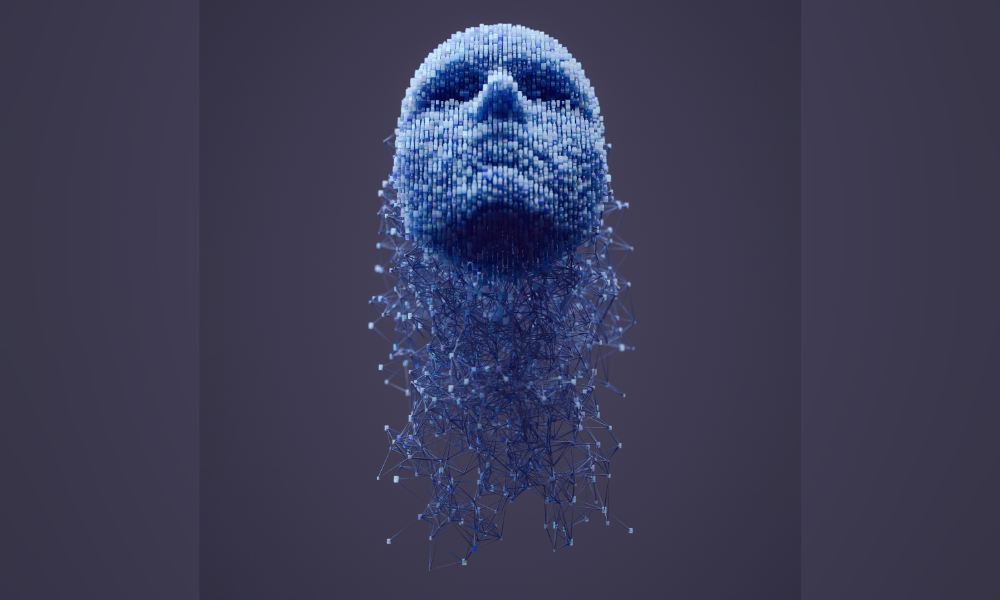
The entire profession has now accepted that real change is coming

GenAI differs from some of the other focal points of innovation that have emerged in recent years, says Al Hounsell, director of strategic innovation and legal design at Norton Rose Fulbright Canada LLP. When it came to things like blockchain and the metaverse, the law firm innovation people may have been excited, but the practice either had no idea about it or very little interest in doing something with it.
“With GenAI, the legal tech and legal innovation folks are excited about it. There is also considerable excitement in the practice, where people are excited about how it will change how they practise law.”
While lawyers expect the law profession’s adoption of AI to accelerate drastically in the future, it is already transforming attitudes.
In a 2023 LexisNexis survey, 53 percent of the Canadian lawyers who responded said they expect their firms to adopt generative AI tools, like ChatGPT. The respondents also noted that legal research, document drafting and analysis, and email writing were the top potential uses for GenAI.
Tara Vasdani, the principal lawyer and founder of Remote Law Canada, says that because the specific software implemented in each workplace can vary, it is difficult to know what tasks young lawyers should familiarize themselves with and those they can ignore because AI will automate them. While it is still “extremely critical” to develop skills like legal research and other automatable tasks, she says the qualities of empathy, human connection, and creativity will set the human lawyer apart.
Vasdani says the lawyers of the future will need many of the same skills to become successful, but the new tools will allow them to learn those skills much more quickly.
Maura Grossman is a research professor at the University of Waterloo’s School of Computer Science, an adjunct professor at Osgoode Hall Law School, and an eDiscovery lawyer and consultant. She says lawyers must educate themselves about the AI tools on the market, what can be fruitfully used in practice, and what is not “ready for primetime yet.”
“It’s a buyer beware sort of atmosphere right now,” says Grossman. “But it’s also very exciting. There’s going to be big changes, I think, in the way that law is practised.”
The adoption of AI and GenAI has highlighted some well-publicized inherent risks of the technology, including accuracy. Lawyers have been caught submitting documents in court citing cases that did not exist because they had used ChatGPT to help produce their filings.
Vasdani notes that cybersecurity is another significant risk. A security breach could wreak havoc on a lawyer and law firm if sensitive client data is integrated into AI software without the proper controls.
Recently, the increasing threat to court litigation of phony GenAI-created evidence is the risk that commands Grossman’s interest.
Typically, when a client gives their lawyer a piece of evidence – an audio recording of the client’s spouse verbally abusing them for a family law case, for example – there is no requirement for the lawyer to authenticate it. If courts become inundated with GenAI-produced evidence, every trial could require a forensic expert to distinguish the real from the fake, she says, which will drive up litigation costs.
“But I’m starting to be concerned that as we move forward, there’s going to be more of an onus on lawyers to confirm that evidence given by their own client is likely to be correct, accurate, or true,” says Grossman. “That’s very challenging.”
Grossman expects that markers will be attached to identify AI-generated content, enabling the determination of when and where the content originated. She says organizations such as the Coalition for Content Provenance and Authenticity (C2PA) are working to create such standards.
“We are on the brink of a massive change and disruption in our industry,” says Hounsell.
In response to the concern that AI automation will replace lawyers, he says people often make the mistake of conflating tasks with jobs.
“The fact that AI is going to eat up specific legal tasks does not necessarily mean that it’s going to eat up any legal jobs if people are adequately upskilled and we begin to reimagine how to move the legal industry up the value chain,” says Hounsell. “We must disaggregate these legal tasks to let AI do what it’s good at and let people do what they’re good at.”
The lawyers quoted in this article are scheduled to appear at Canadian Lawyer’s LegalTech Summit Canada on June 12 in Toronto.
90% said GenAI investment to increase over next 5 years
53% of law firms purchased GenAI tools
45% are using GenAI for legal work
47% of law firm leaders exploring new business possible due to GenAI
47% of law firm leaders expect cost reduction